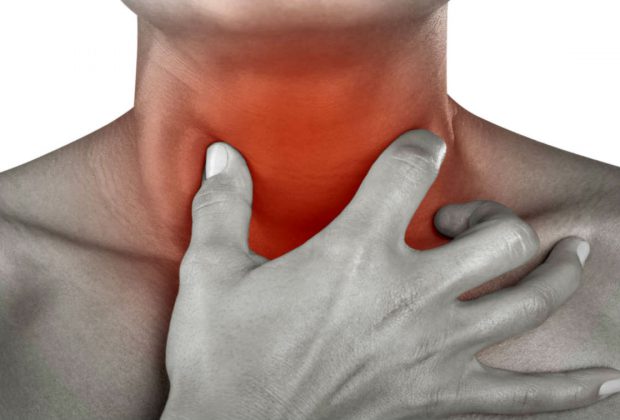Diphtheria Basic Information
This is a respiratory disease caused by bacteria. The Primary symptom is the gradual onset of a sore throat and low-grade fever. Complications include airway obstruction, coma, and death if not treated. This is transmitted by coughing and sneezing.
Side Effects
Getting diphtheria, tetanus or pertussis disease is much riskier than getting DTaP vaccine.
However, a vaccine, like any medicine, is capable of causing serious problems, such as severe allergic reactions. The risk of DTaP vaccine causing serious harm, or death, is extremely small.
Mild Problems (Common)
Fever (up to about 1 child in 4)
Redness or swelling where the shot was given (up to about 1 child in 4)
Soreness or tenderness where the shot was given (up to about 1 child in 4)
These problems occur more often after the 4th and 5th doses of the DTaP series than after earlier doses.
Sometimes the 4th or 5th dose of DTaP vaccine is followed by swelling of the entire arm or leg in which the shot was given, for 1 to 7 days (up to about 1 child in 30).
Other mild problems include:
Fussiness (up to about 1 child in 3)
Tiredness or poor appetite (up to about 1 child in 10)
Vomiting (up to about 1 child in 50)
These problems generally occur 1 to 3 days after the shot.
Moderate Problems (Uncommon)
Seizure (jerking or staring) (about 1 child out of 14,000)
Non-stop crying, for 3 hours or more (up to about 1 child out of 1,000)
High fever, 105 degrees Fahrenheit or higher (about 1 child out of 16,000)
Severe Problems (Very Rare)
Serious allergic reaction (less than 1 out of a million doses). Several other severe problems have been reported after DTaP vaccine. These include:
- Long-term seizures, coma, or lowered consciousness
- Permanent brain damage.
These are so rare it is hard to tell if they are caused by the vaccine.
Controlling fever is especially important for children who have had seizures, for any reason. It is also important if another family member has had seizures.
You can reduce fever and pain by giving your child an aspirin-free pain reliever when the shot is given, and for the next 24 hours, following the package instructions.
Who Should Not Be Vaccinated
Some children should not get DTaP vaccine or should wait.
Children with minor illnesses, such as a cold, may be vaccinated. But children who are moderately or severely ill should usually wait until they recover before getting DTaP vaccine.
Any child who had a life-threatening allergic reaction after a dose of DTaP should not get another dose.
Any child who suffered a brain or nervous system disease within 7 days after a dose of DTaP should not get another dose.
Talk with your doctor if your child:
- had a seizure or collapsed after a dose of DTaP
- cried non-stop for 3 hours or more after a dose of DTaP
- had a fever over 105 degrees Fahrenheit after a dose of DTaP.
Ask your health care provider for more information. Some of these children should not get another dose of pertussis vaccine, but may get a vaccine without pertussis, called DT. DTaP should not be given to anyone 7 years of age or older.

